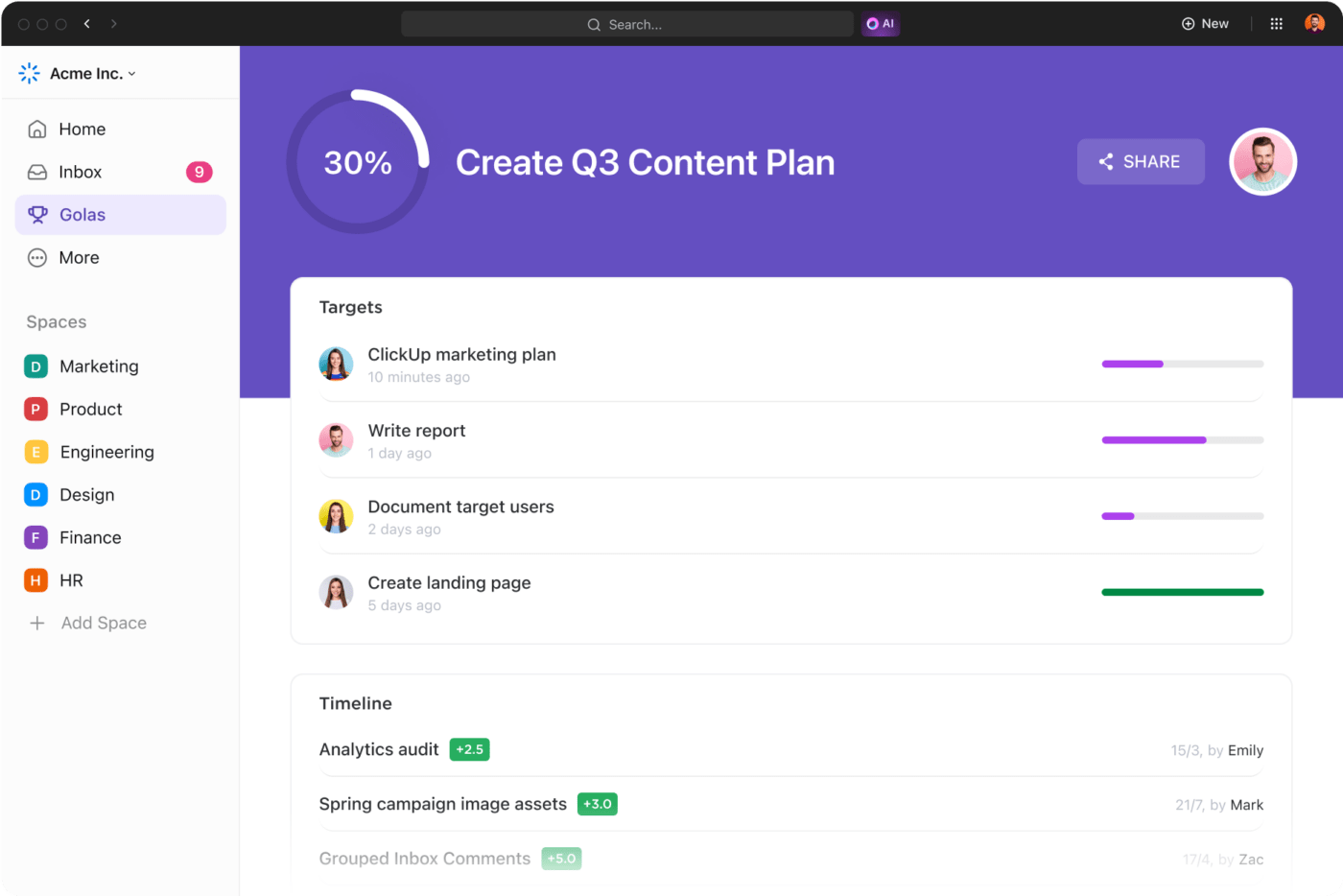
"What Are Performance Goals? Performance goals are clear, measurable objectives set for employees that focus on specific duties or tasks within their job roles. These goals help them understand what is expected of them, align their efforts with organizational priorities, and improve their effectiveness. But what makes a good employee performance goal? Whether a goal is focused on improving collaboration, accountability, soft skills, or other aspects, it will have some typical characteristics. 👇"
"Ties back to what the company stands for, so everyone's working in the same direction Gives employees the freedom to choose goals that matter to them, so motivation always stays up Keeps things simple and clear to avoid second-guessing Pushes individuals to grow and acknowledge areas of improvement, but stays realistic enough to reach Breaks projects down into doable steps so there's a clear plan of action"
Performance goals are clear, measurable objectives that focus employees on specific duties and align their efforts with organizational priorities. Good goals tie back to company values, allow employees to choose meaningful objectives, remain simple and realistic, break work into achievable steps, and leave room for feedback and adjustment. Effective goals follow the SMART framework—Specific, Measurable, Achievable, Relevant, Time-bound—and support growth in collaboration, accountability, and soft skills. Well-structured goals make development conversations fairer and more actionable, and tracking tools help keep goals visible and on track throughout the year.
Read at ClickUp
Unable to calculate read time
Collection
[
|
...
]